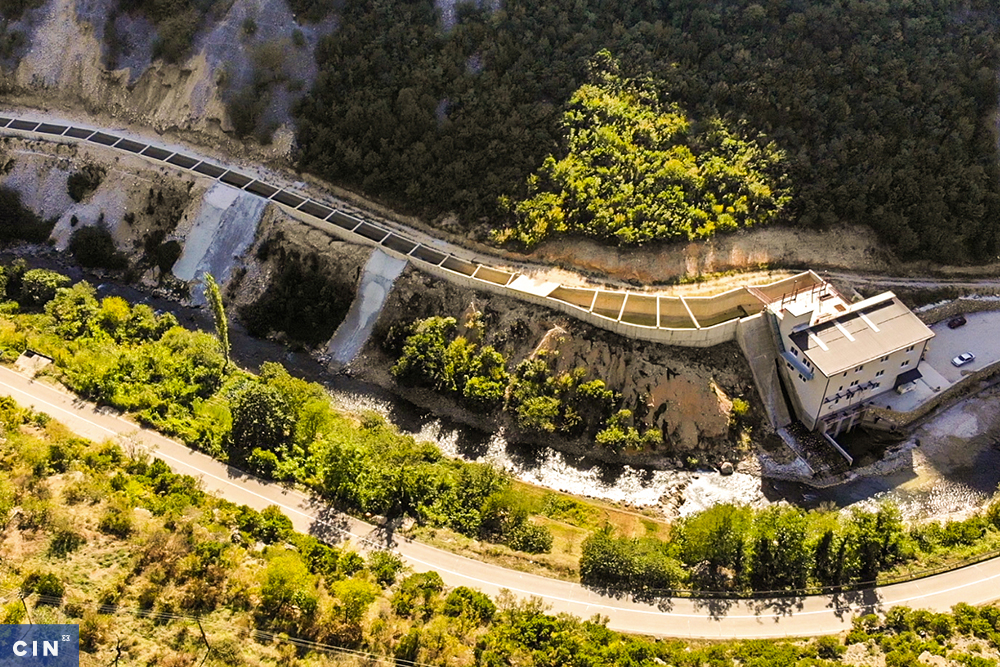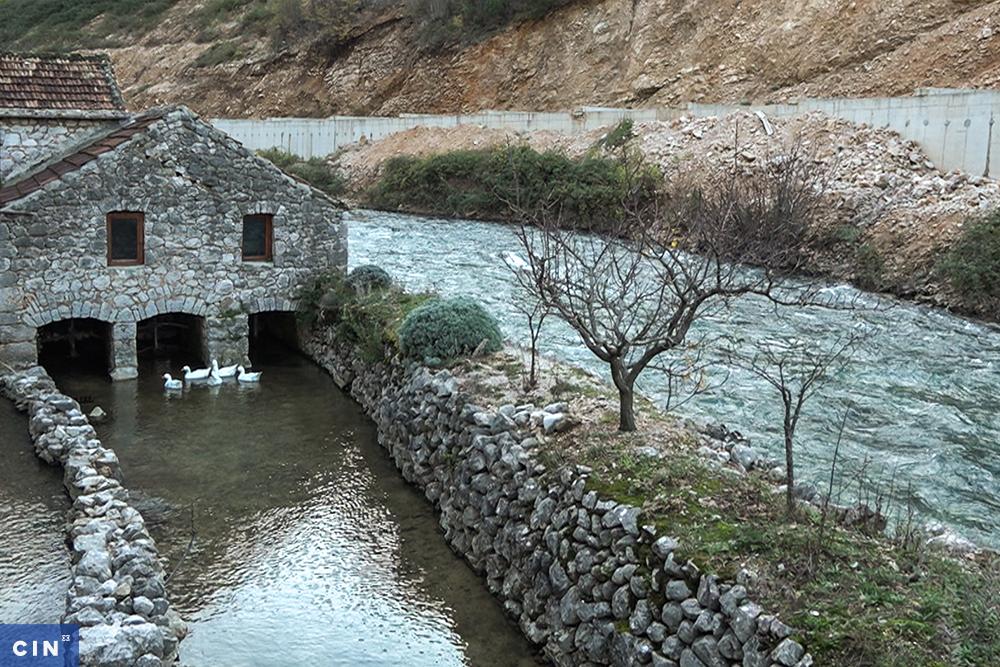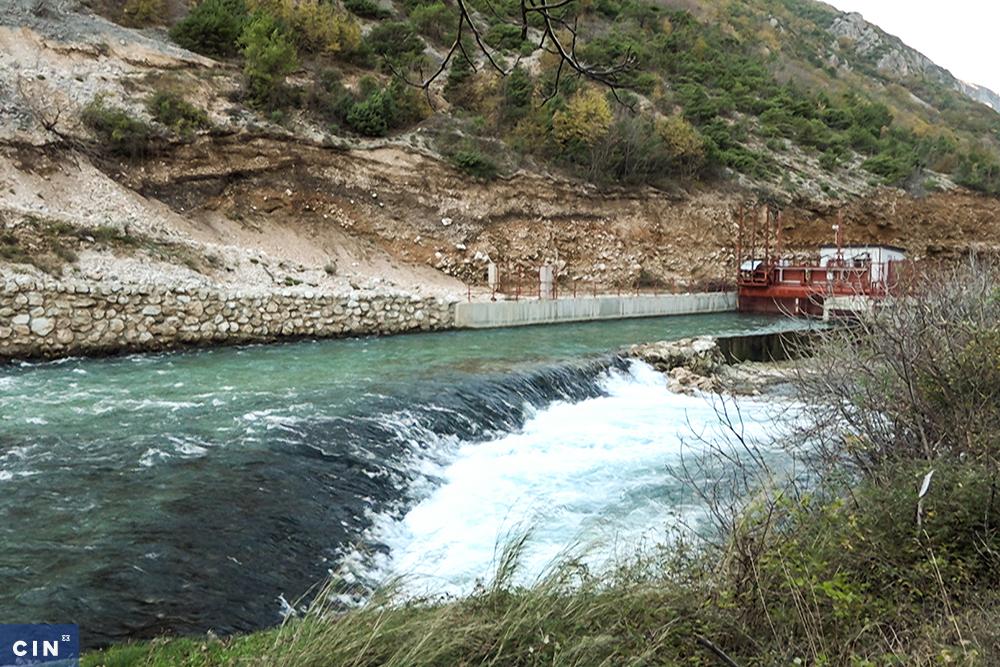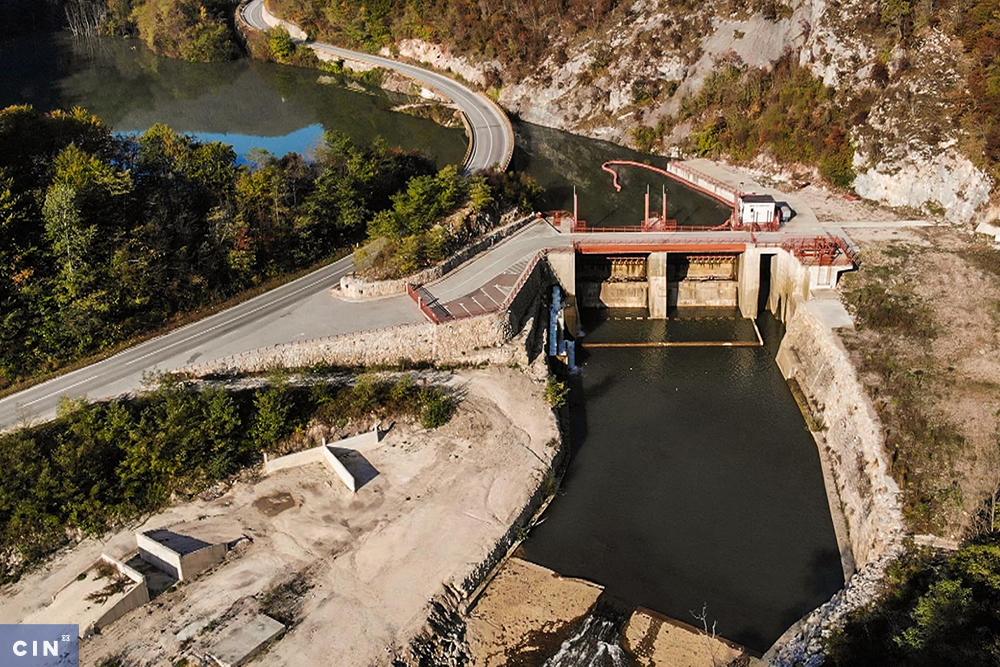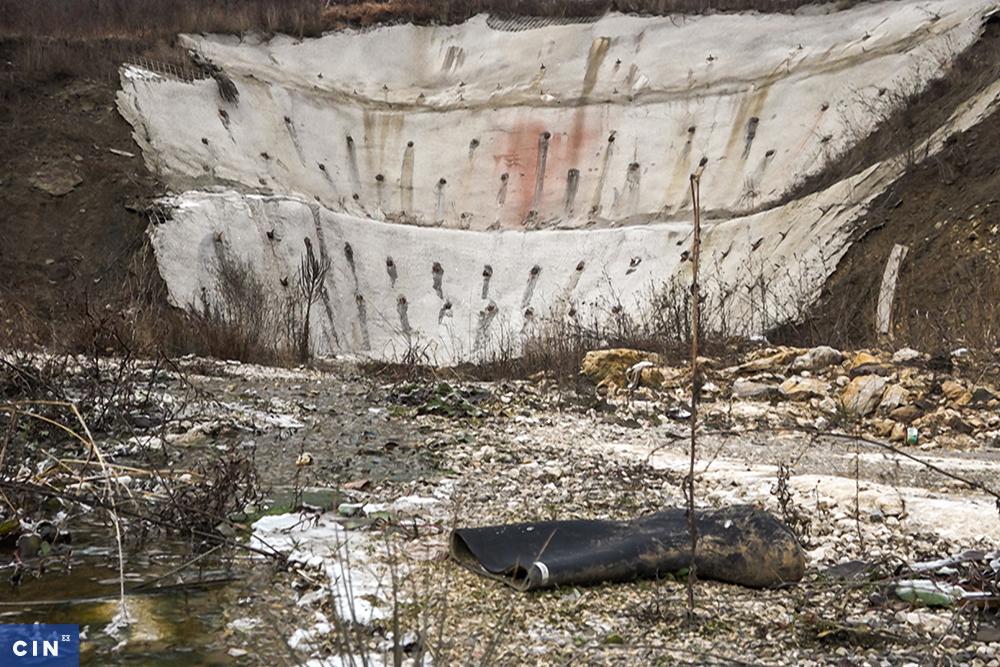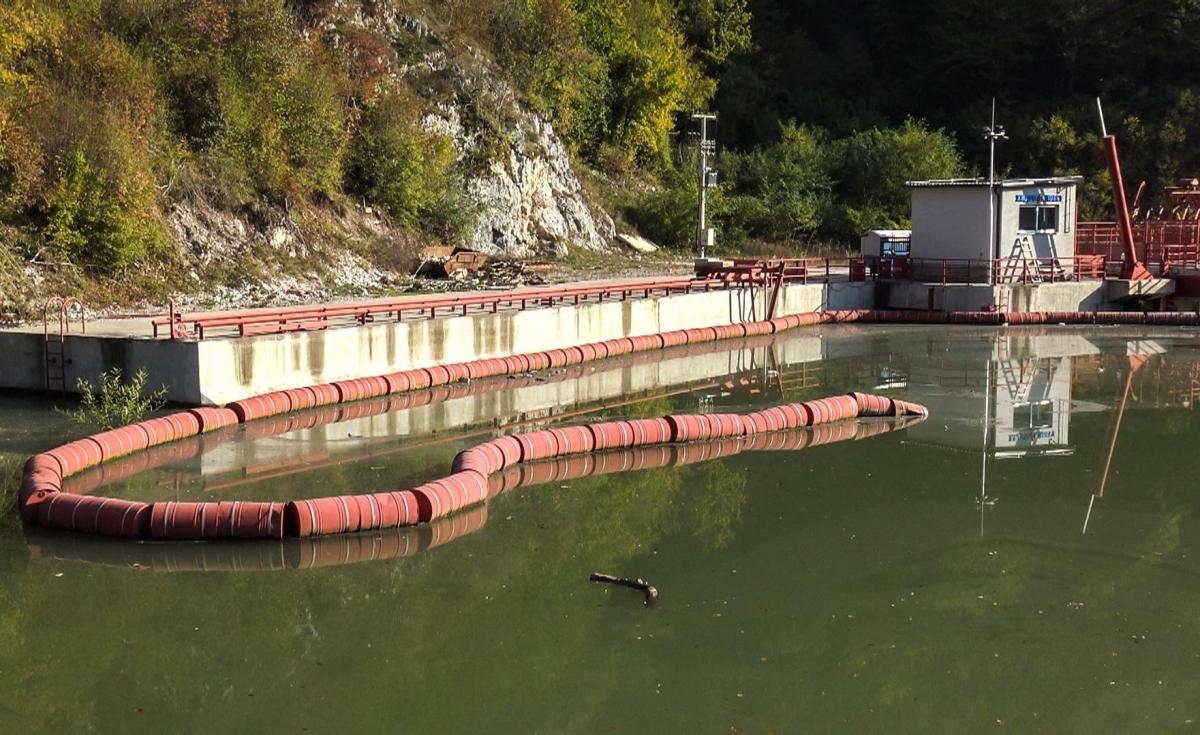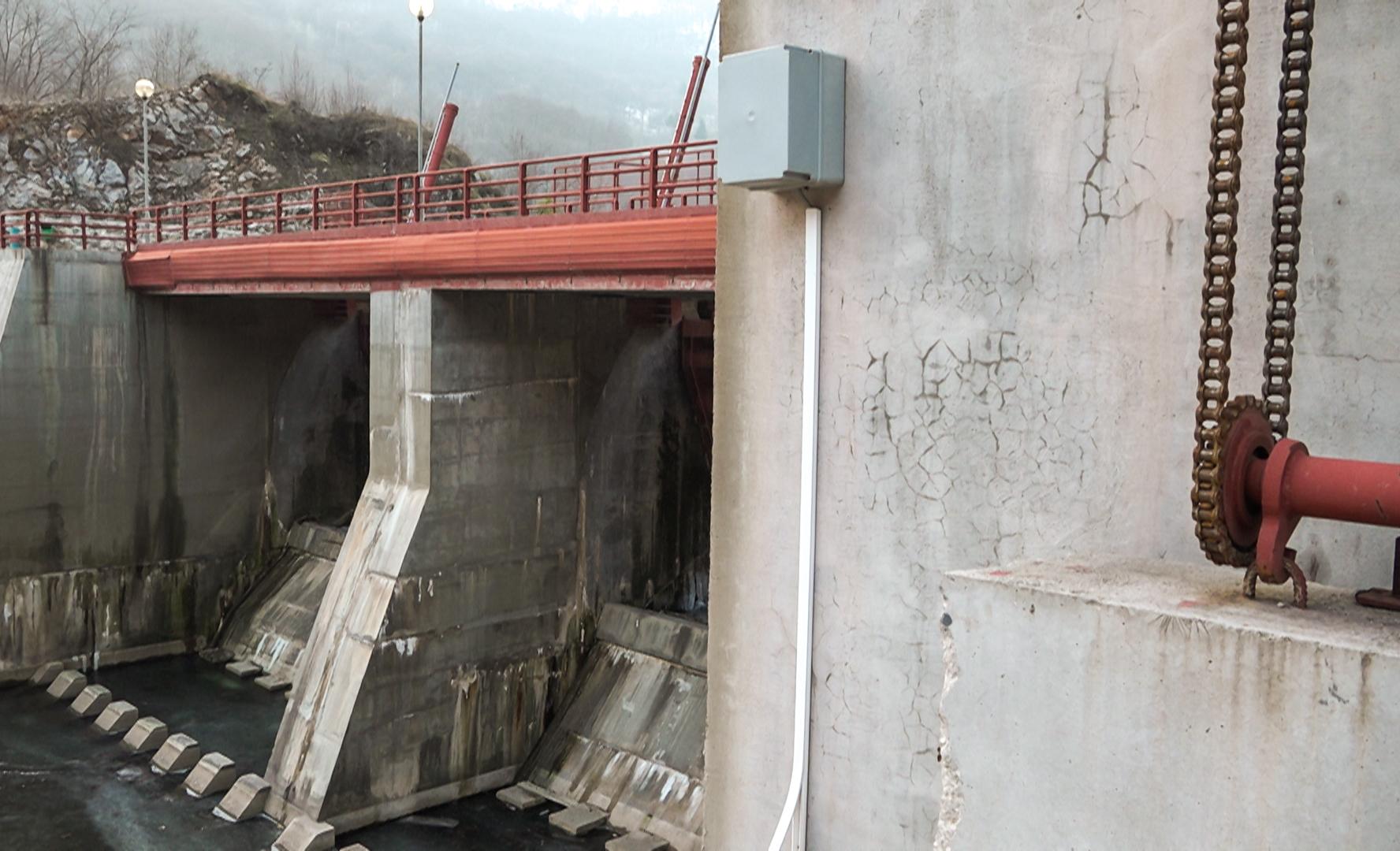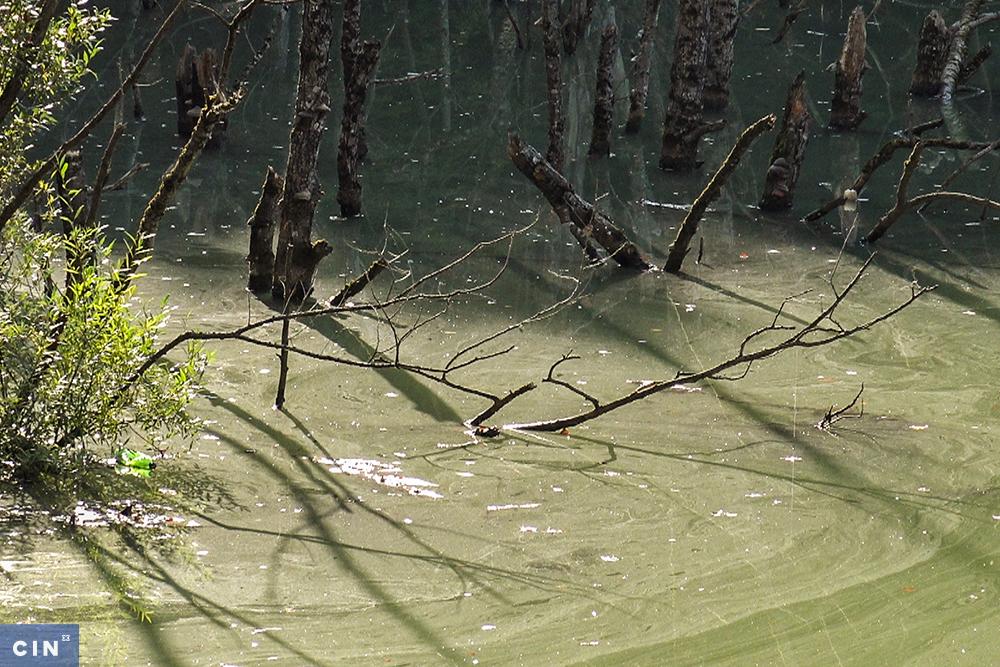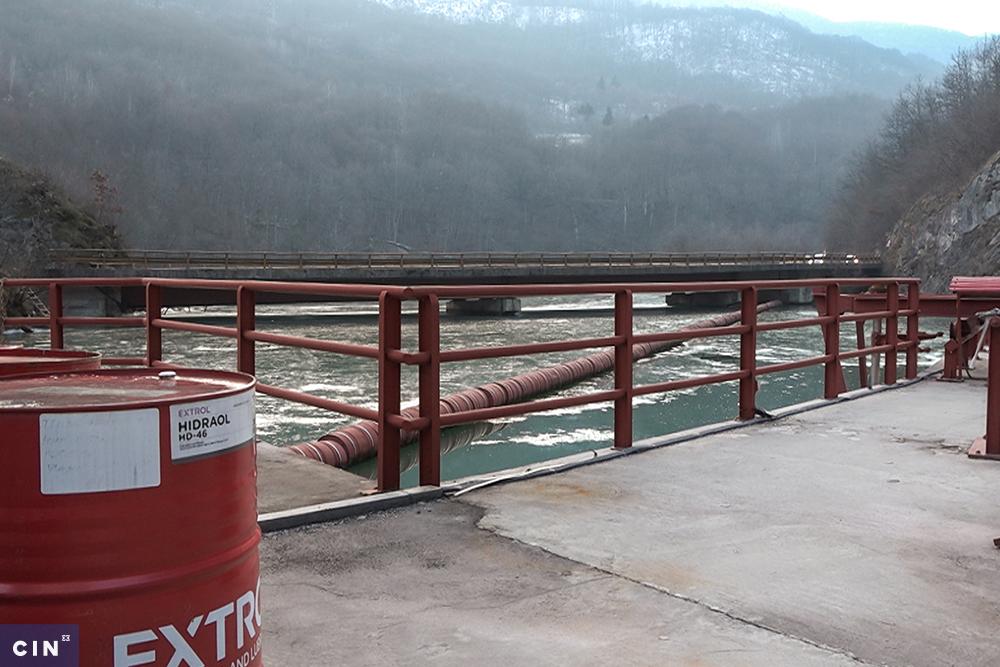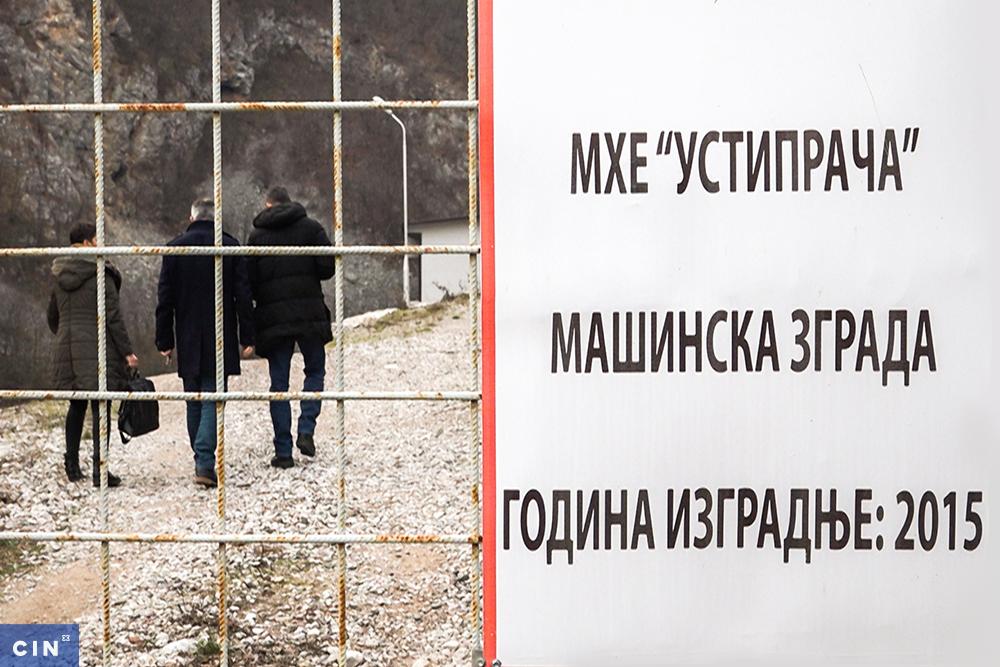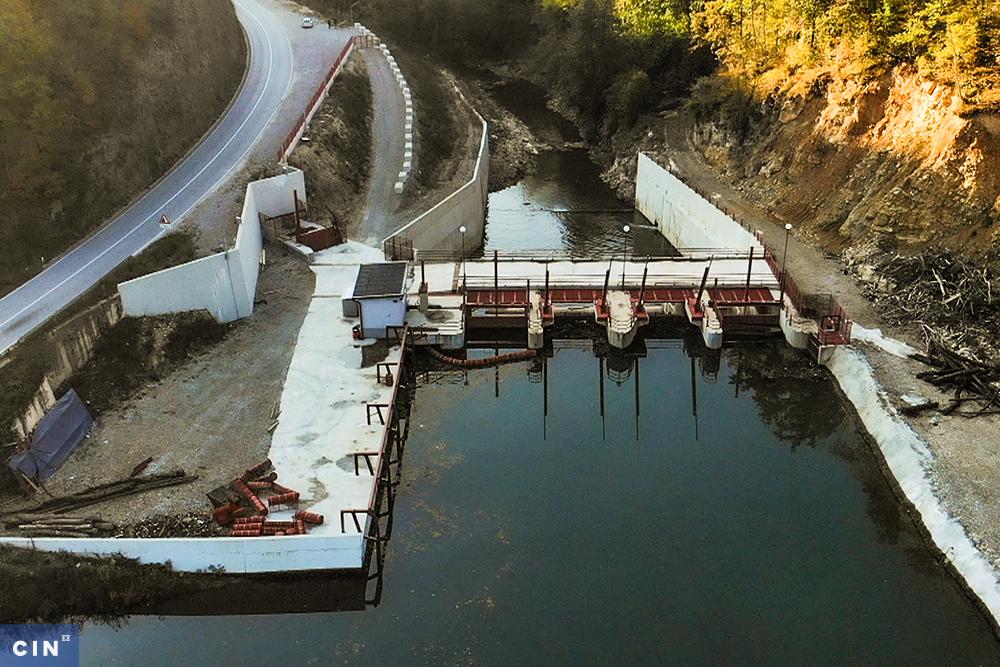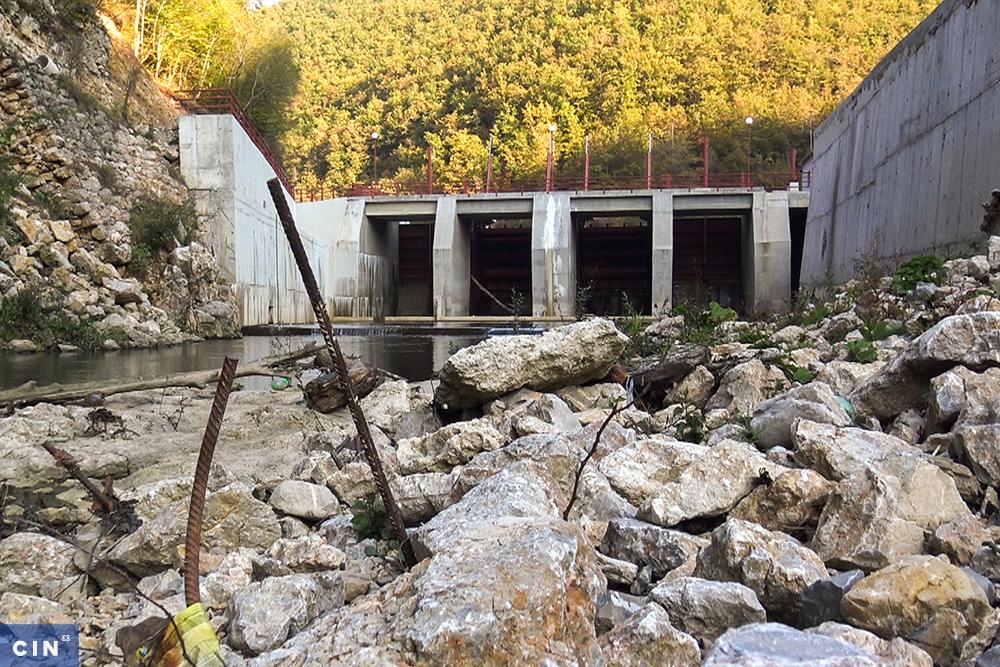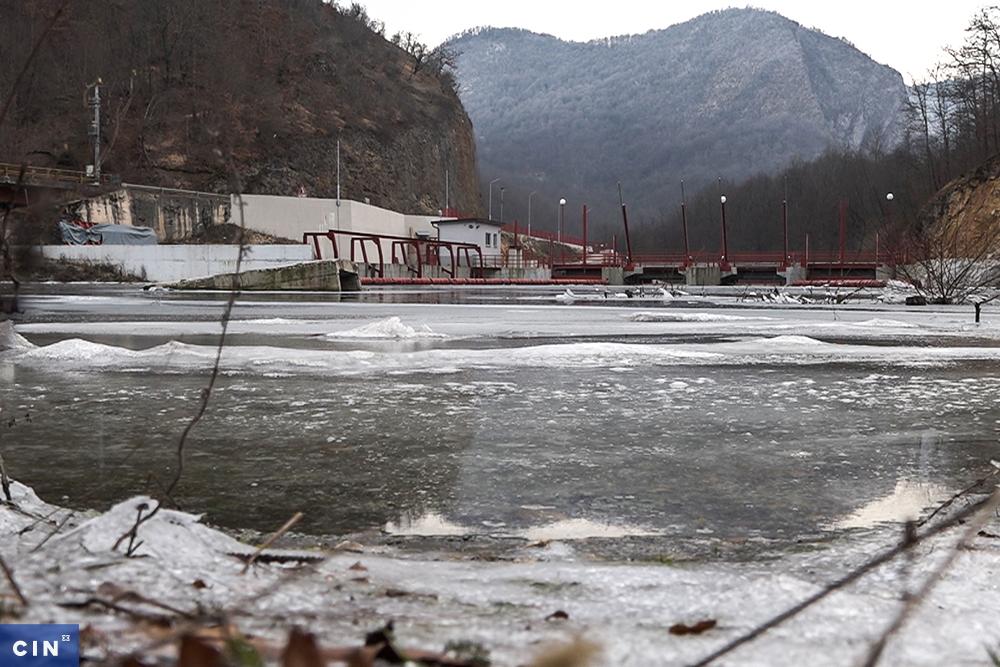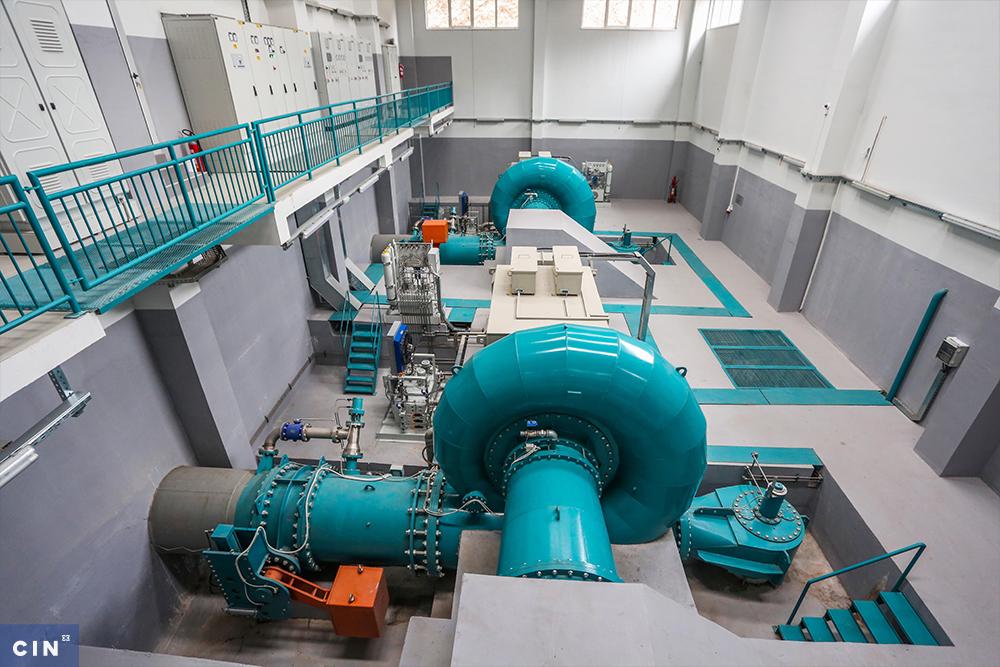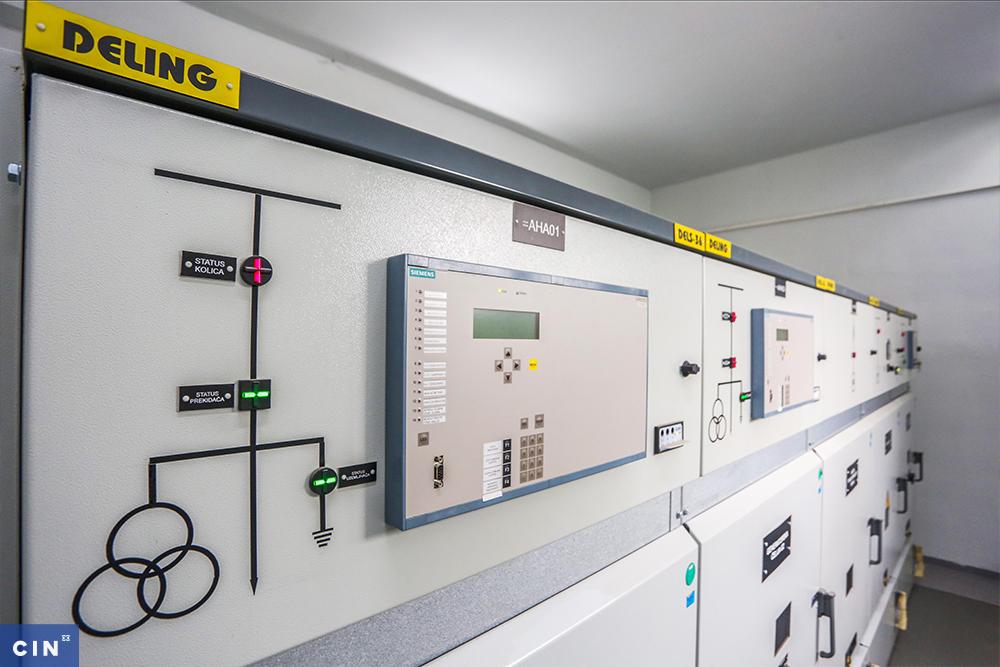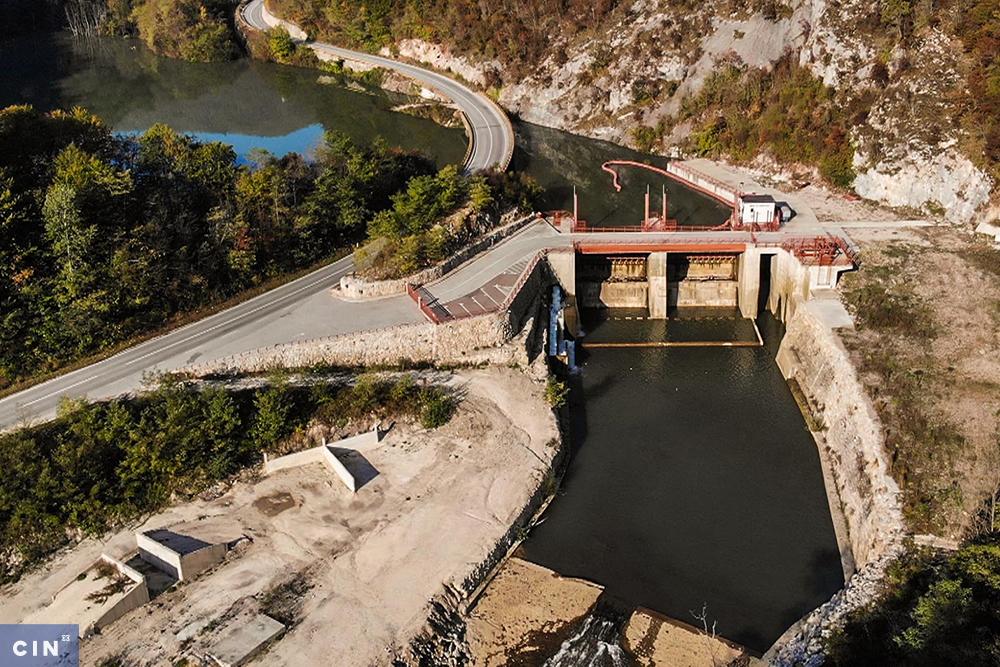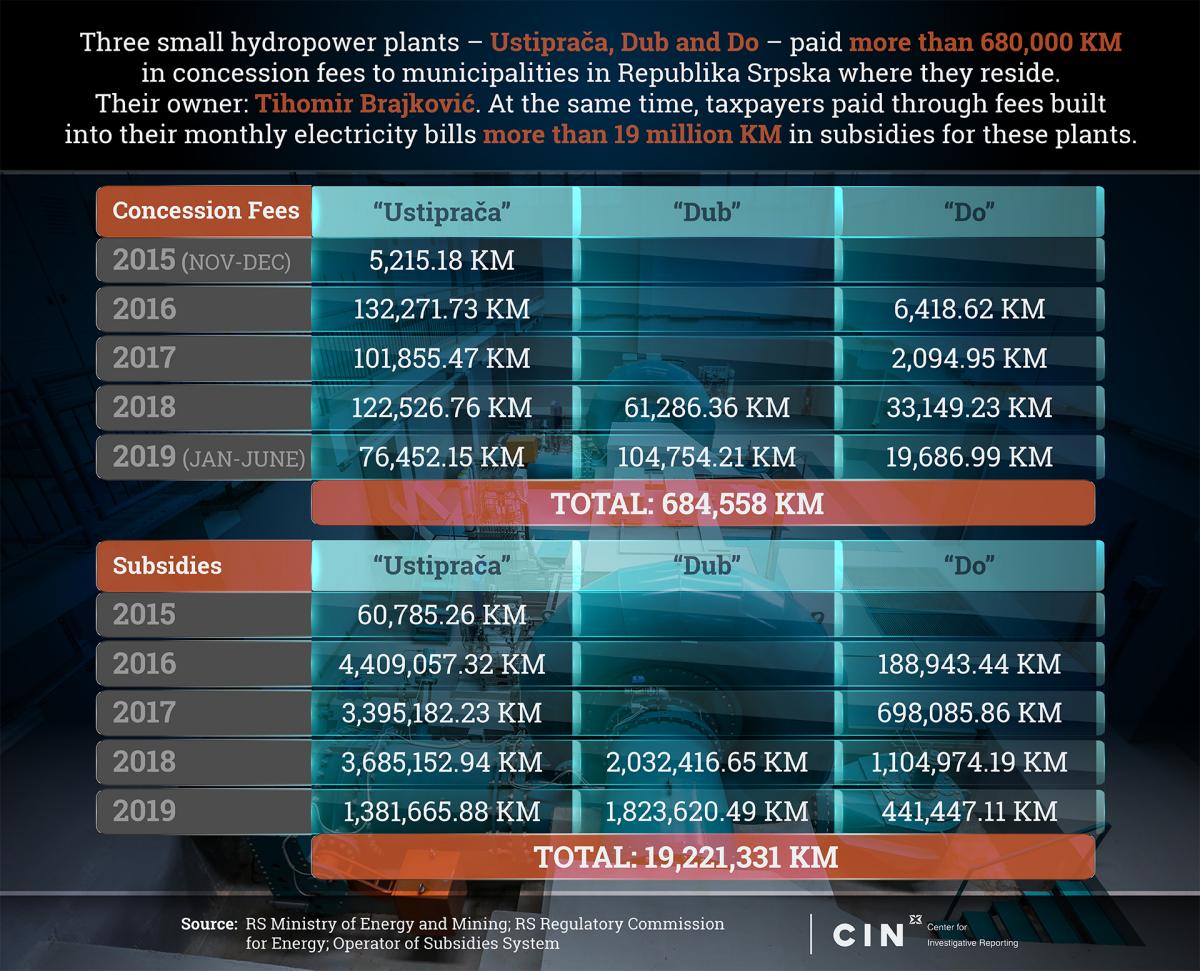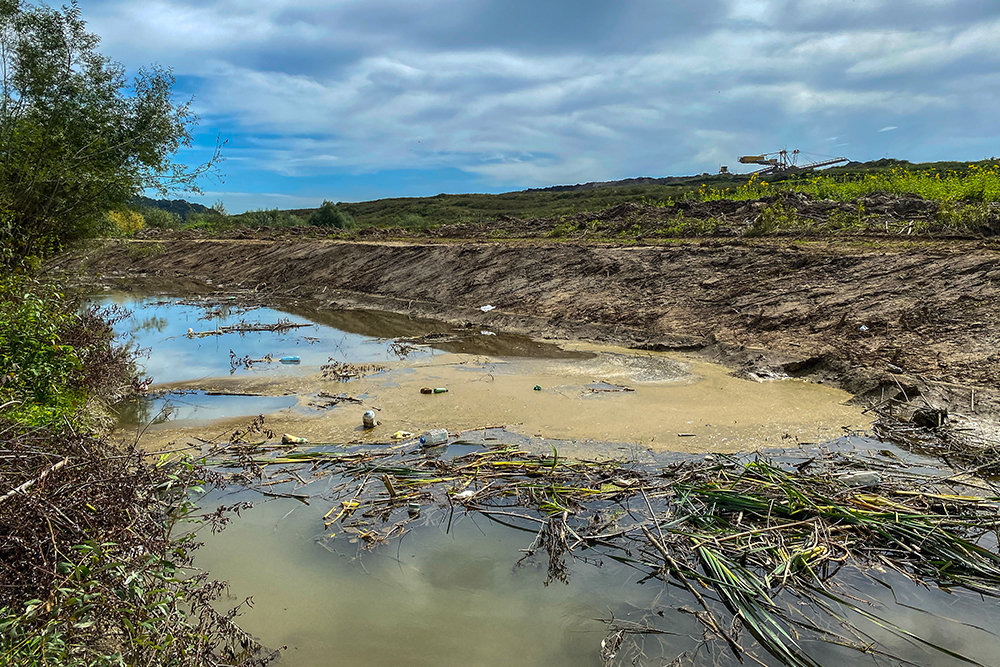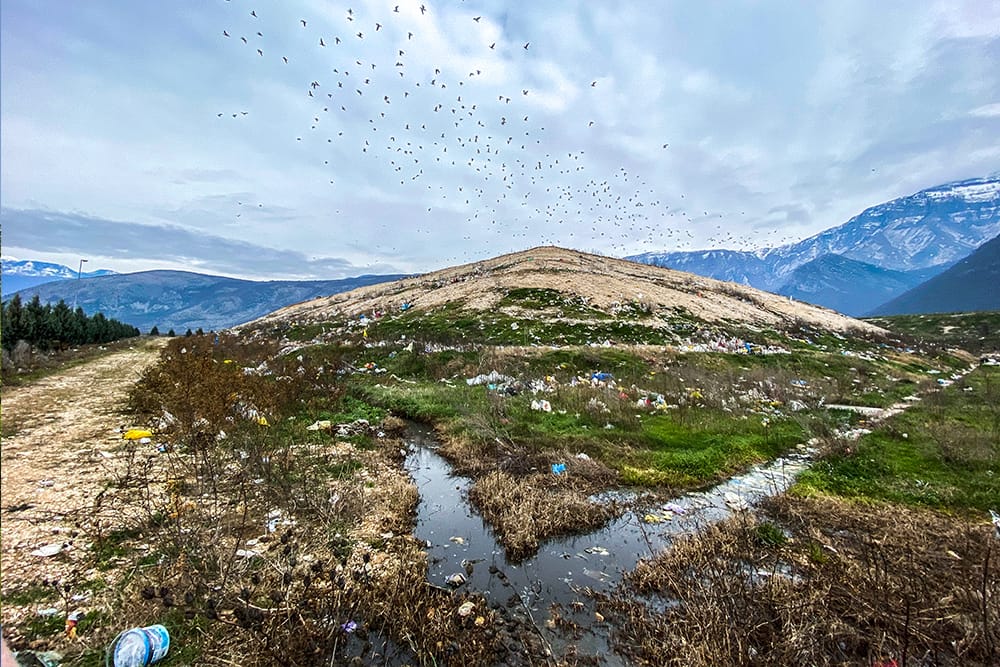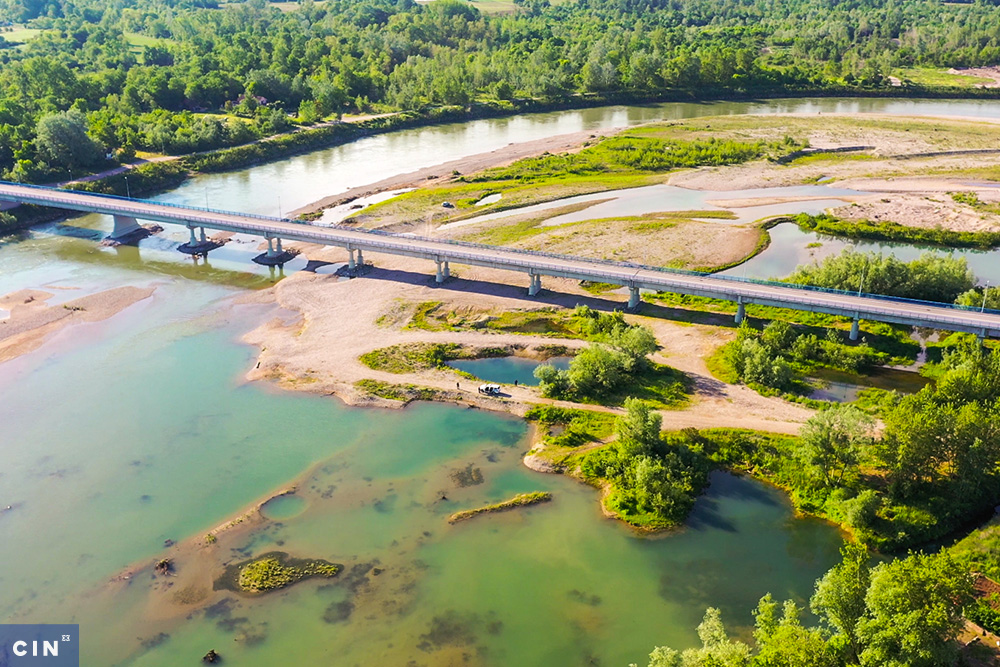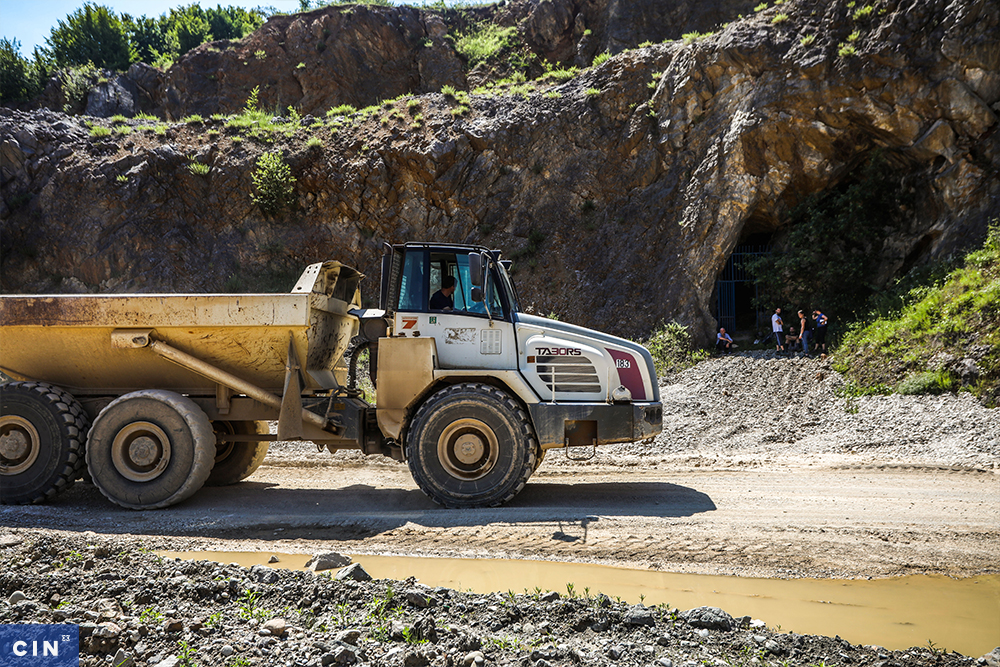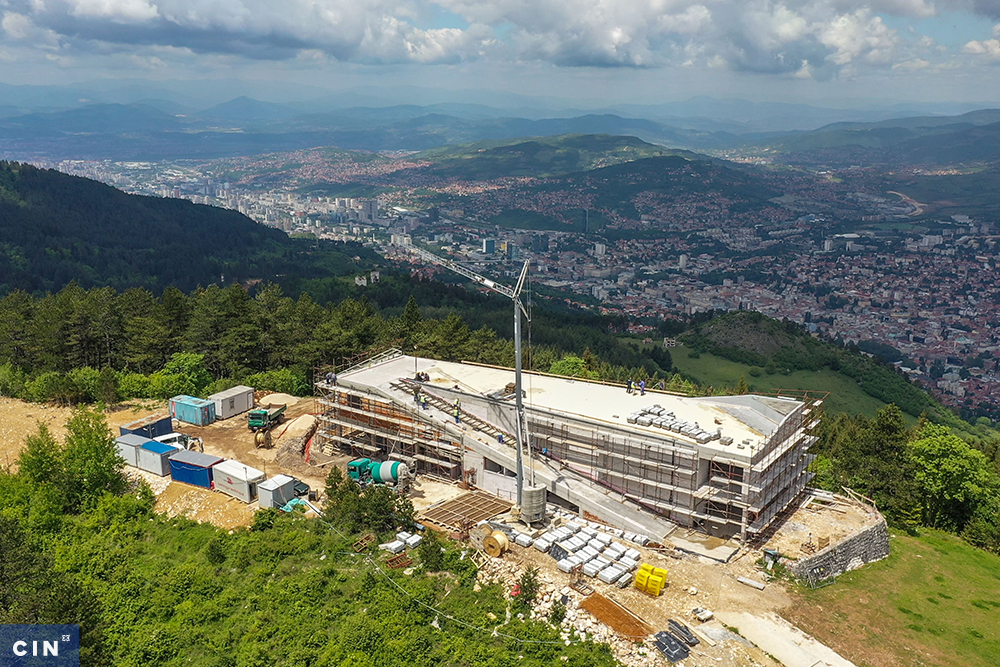Last year, a Kiseljak businessman Tihomir Brajković was sentenced to a year in prison and fined on tax evasion charges.
“If you don’t make mistakes you don’t make anything,” Brajković said at the trial. “I want this to end, to be resolved, to put an end to it and to get on with work.”
And so it went. He exchanged his prison time for money – he paid 2.7 million KM in total – and continued to do business with government agencies of Bosnia and Herzegovina’s (BiH) two entities. A month later, the government of the Federation of BiH (FBiH) gave him a go-ahead to build a small hydropower station in Begov Han on the Bosna river. He had already built three small power stations in Republika Srpska (RS) entity for which he annually collects 3.9 million KM in subsidies.
Brajković got into business when he was twenty years old. He started out as a trader – he imported meat, and then went on to build condominiums and sell real estate. Not long ago, he started to build small hydropower stations and has begun selling electricity.
He owns a dozen firms in BiH. Most of them he set up or acquired while his other firms owned millions of KM in unpaid taxes and custom duties to the government. Such firms are prohibited from licensing to use natural resources. Yet, Brajković found a loophole – he bought new firms that won licenses to build small hydropower plants.
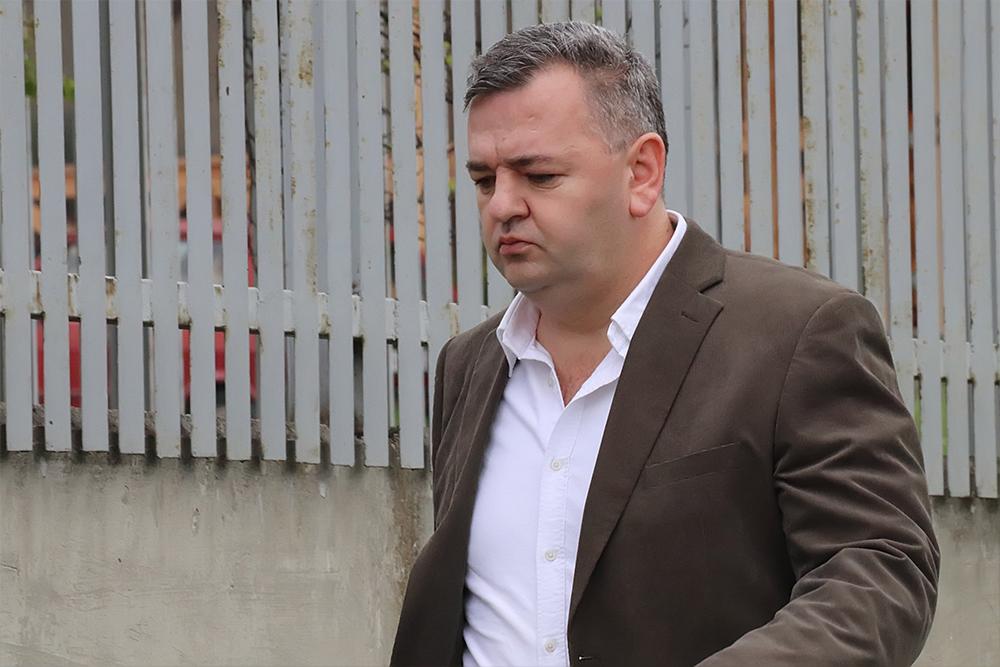
Meanwhile, that statute of limitation on his old firms’ debts has expired and the government didn’t recoup them.
Buying Firms and Concessions for a Song
In 2006, Republika Srpska granted 92 licenses for small hydro plants. A Rogatica Hidroinvest and a Trebinje Strajko secured licenses to build three small hydropower plants on the Prača and Bregava rivers.
To get this job done, the investors contracted a Kiseljak-based company “Euro-izgradnja” owned by Tihomir’s brother Robert Brajković.
Even though the investors had a two-year deadline to start production, this didn’t happen. Ten years later, their owners sold the two firms to the Brajković brothers for 823,000 KM. With these firms, the brothers also acquired their concession licenses.
First off, Tihomir Brajković’s firm Tibra purchased membership interest in Hidroinvest. Meanwhile, the Indirect Taxation Authority of BiH uncovered Tibra’s tax liabilities, so Brajković bought the remaining interest in his name to avoid regulations. Hidroinvest was sold for 2,000 KM.
In 2016, Brajković and his brother’s firm “Euro-izgradnja” purchased Strajko for 821,000 KM. Even though Tibra wired the money to purchase Strajko, the co-ownership was transferred into Brajković’s name.
At the time of the license takeover, “Meso-Impex” — another Brajković’s firm — owed nearly 9 million KM in custom duties to the state. However, officials from the RS Ministry of Energy and Mining said that they were not obliged to review liabilities of the future license-holder’s other firms.
Brajković refused to talk with CIN reporters while his brother and associate Robert said that they followed the laws and professional standards, but human error was possible.
“What could happen to the Brajkovićs that doesn’t happen to everyone else? You know, we sold a product and made 10 million and of course, we found a way not to pay 100 grand or 200 grand,” Robert Brajković told CIN. “When there’s a will…We are always looking to find ways to avoid payments.”
Once the Brajkovićs became the owners of the plants, they signed into effect annexes to the license contracts to extend the concession period to the maximum limit of 50 years.

By November 2017, small hydro plants Ustiprača, Dub and Do had come into operation.
Public Good, Private Interests
In the following 15 years, the RS electricity generator and supplier EPRS will be purchasing all electricity the Brajković brothers’ power stations will have produced at the fixed price, regardless of market fluctuations. The entity power utility guarantees the price that is 120 percent more than the market rate.
Notwithstanding this, the Brajkovićs have been receiving renewable energy subsidies paid by taxpayers through fees built into their monthly electricity bills. Over four years, they received 15.5 million KM for 158 million kilowatt-hours produced by their power stations. This amount of electricity could have powered 8,404 households in the RS during the said period.
Strajko’s and Hidroinvest’s financial statements show that formerly debt-burdened firms started making profits in hundreds of thousands KM and millions of KM after they started receiving subsidies.
“I don’t work for peanuts, not even close to peanuts,” Robert Brajković told CIN. “This will pay off for us because now we can count on it for the next 30 years.”
Brajkovićs’ firms pay concession fees and water taxes to the RS government and the municipalities of Berkovići, Rogatica and Novo Goražde where their plants are located. Over four years the brothers paid 684,000 KM in concession fees. Just one of their plants roughly took in that amount of revenue during one month last year. During the same period, the Brajkovićs paid 184,670 KM in water taxes.
These funds are supposed to be used for improvement of infrastructure in these poor municipalities. However, nearby Ustiprača plant for example, some households still don’t have electricity. In the village of Zemegresi near Novo Goražde, only Adem Vražalica’s house has power. He lives next to a transmission station for Dub and Ustiprača plants and has bartered a plot of land for the connection to the grid.
Twelve families are forced to leave their homes every winter and what food they produce during a year they have to throw away because they cannot conserve meat, milk and cheese.
“When one has health or other issues, one would hope to pick up a phone and make a call. But you cannot if there’s no power, you cannot charge batteries,” said a villager. “That’s the problem. We live in the 21st century as if we were in the Stone Age.”
To connect the village to the power grid is estimated to cost around 142,000 KM and the BiH Ministry for Human Rights and Refugees is supposed to cover those costs as concession revenues are insufficient for this underdeveloped municipality to plug in all infrastructural holes.
Despite that, officials from the RS Concessions Commission say that the municipalities and the entity government have benefited from small hydro plants in numerous ways: in fees and taxes; rise in employment; workers’ benefits as well as investment into infrastructure. However, the officials had no data to back up these claims in an interview with CIN.
The Commission has a role to review paperwork filed for concession licenses, including feasibility studies that authorized firms provide on behalf of investors. After this procedure the Commission is ready to give a go-ahead. Even though the regulations bind the Commission members to predict if the RS stands to reap “substantial benefits” from a proposed project, officials mostly put to the test the methodological accuracy of submitted paperwork.
“Now you go ahead and question this after five or six eminent experts had issued their verdict,” said the Commission member Zoran Filipović. “If we, the Commission, second-guessed that by saying ‘you have no clue whatsoever’, we would have come off as naysayers.”
Economic analyst Damir Miljević had an idea to research if building small hydropower plants in BiH was economically and socially justified. He found that they made annual losses in excess of 4 million KM.
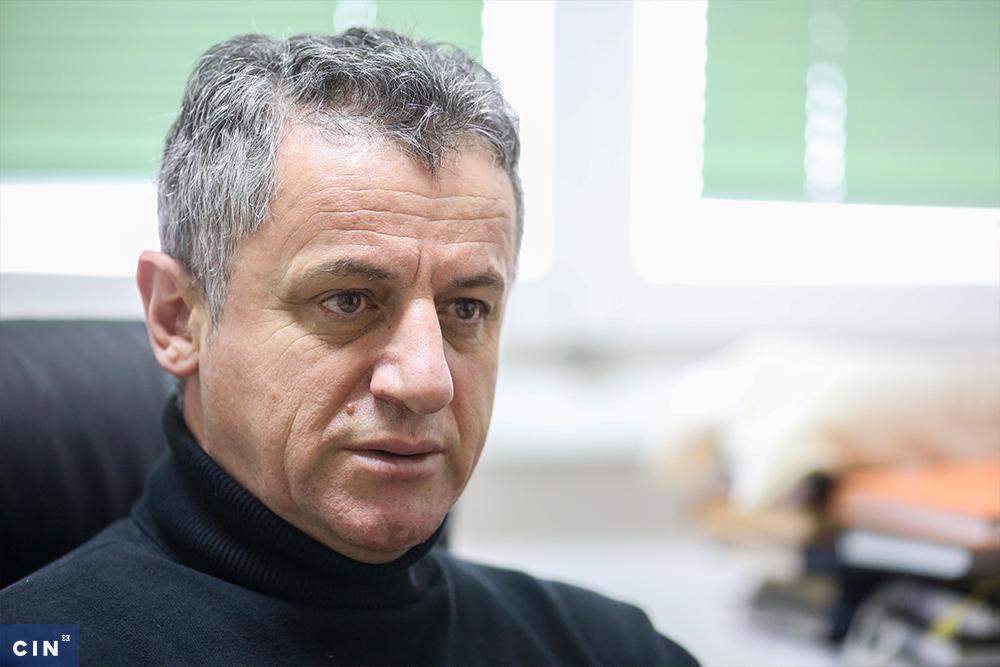
“This business is devastating to nature, citizens and local communities in BiH,” said Miljević. “The society doesn’t benefit from this one bit, only some individuals.”
Environmentally Accepted Concrete
The Brajkovićs pledged in the concession contracts not to harm people, water or other living beings. However, except for Robert Brajković, all other CIN’s interview subjects say that this is impossible to achieve.
The construction of Dub and Ustiprača plants led to creation of artificial lakes. The Head of Rogatica Municipality, Milorad Jagodić, said that the land had not been cleared and now the plants’ workers cruise the lakes in boats to cut down the protruding trees.
“They shouldn’t have received an environmental permit at all,” said Jagodić. “And yet they did.”
In its strategic document, Rogatica municipality stated that the Prača plant threatens the fish population in the river, the claim backed by local fishermen.
Robert Brajković calls these “personal opinions and superficial statements”, adding that the water that flows through the plant’s facilities is “very beneficial for fish”.
However, Nusret Drešković a professor at the Geography Department at the Sarajevo Faculty of Science, explained that the water changes its characteristics completely once it goes through the plant’s turbines. “It is dead to the living world.”
After the left bank of the Bregava river was cast in concrete because of the construction of the Do plant, the original look of the canyon has changed. Robert Brajković says the nature has changed for the better following the plant’s construction.
Last year, an inspection found in its report that Ustiprača and Dub plants had failed to meet the minimum environmental standards when it came to release of water necessary to maintain the nature and the ecosystem. They released half or three times less water than they were supposed to.
Investors hire authorized firms to conduct environmental impact studies which is a condition for receiving environmental and construction licenses. The RS Ministry for Spatial Planning, Construction and Environmental issues an environmental permit once it approved the study. The environmental permit is up for review every five years. An authorized organization or a firm hired by investors checks if the investors have honored the conditions set down by the terms of the license while the entity inspectors oversee this process.
The Concession Commission of the RS is in charge of monitoring whether concession contracts have been honored by investors. The last time Commission members filed minutes on inspections of Brajković’s plants was five years ago.
Debt Write-off
During the 1992 – 1995 war, Tihomir Brajković owned a trading company Brajković Komerc. After he wound up the firm, the Indirect Taxation Authority (ITA) was unable to recover 450,000 KM in unpaid taxes because the firm had no assets.
In 2000, three years after the genesis of debt, Brajković acquired interest in “Meso-Impex” for 2.8 million KM and became owner together with his wife Marija. His firm illegally operated for nearly three years and evaded 3.3 million KM in custom duties.
The courts ordered “Meso-Impex” to pay back its debts to the state, but this didn’t happen.
For years the firm topped the list of biggest custom debtors. Yet, during the foreclosure procedure that started in 2007 and ended in 2017, customs inspectors made numerous blunders. The tax authority’s foreclosure department found that the firm owned six vehicles. By the time the department opened foreclosure procedure two and half years later, five cars were sold and the firm had written-off the sixth car after an accident. Only ten years later did the tax authority issue a decision that pinned the blame on the firm’s owner Tihomir Brajković.
He appealed the decision stating that the tax agency was late in recouping his firm’s debts. In 2017, the procedure was abolished because the statute of limitations had expired. The debt had by then increased to 9.7 million KM and was written-off.
The head of ITA’s Foreclosure Department, Suzana Kerošević, said that large debtors often don’t have assets that could be used to recoup debts. “We can say that he’s one of many,” said Kerošević.
Most of those responsible in the case of “Meso-Impex” don’t work anymore at ITA, said the officials. “I might beg to differ that it was possible to do more and better,” says Kerošević. “But right now, I’d rather not give my opinion about colleagues that were in charge of that procedure.”
While he was piling up debts that the government would later write off, Brajković steadily increased the capital in his firms and built condominiums with office space in Kiseljak and the neighborhoods of Buća Potok, Nedžarići, Otoka and Stup in Sarajevo. He was also granted licenses to use natural resources by building small hydropower plants.
A Prison Sentence and New Megawatts
At the time of his customs fraud involving meat, Brajković privatized a state-owned company Putnik for 142,000 KM. Most of this money he paid up in state-issued vouchers. He renamed Putnik as Tibra, the name that eventually made him famous.
While at Tibra’s helm Brajković also cheated on the state. Together with his business associate Ivan Gavran, who was the convicted owner of Posušje-based Heraldika, he organized fictitious business dealings from 2007 until the end of 2010. Brajković used Tibra’s seal to authorize false invoices based on which he would illegally claim tax write-offs. In this manner he evaded 2.4 million KM in taxes. Last year, the Court of BiH sentenced him to a year in prison, 350,000 KM fine and the forfeiture of illegal gains.
Tax evasion carries the minimum prison sentence of three years, but the Court of BiH was lenient after taking into account the fact that Brajković pleaded guilty and is a family man. Still, he never served his sentence. According to the law, a prison sentence of up to a year may be commuted to a fine. Brajković paid 36,500 KM for it.
His lawyer asked that the verdict remain hidden from the public eye.
“The defendant is currently involved in big business deals involving large loans and publishing the verdict might lead some ill meaning media outlets to start blasting about the origin of the money that the defendant has at his disposal,” wrote the lawyer.
The verdict is not available at the Court of BiH’s web page and reporters may only access it upon request.
Brajković’s illegal business deals did not deter the Federation of BiH cabinet from granting his new firm “Dvorac energije” a concession license to build a small hydropower plant in Begov Han in Žepče municipality. He is negotiating and collecting paperwork for another five small hydropower plants.
Assistant to the Minister Halko Balavac said that the FBiH Ministry of Energy, Mining and Industry scrutinizes only the firm doing construction when it decides to issue concession licenses. “Whoever did something beforehand should be held accountable,” said Balavac. “And here we’re talking about a project that we want to have in the pipeline.”
Soon after he bought “Dvorac energije”, Brajković went with the Minister Nermin Džindić to visit the municipalities where he intends to build the plants. The Minister declined to give CIN an interview because of “his previously arranged commitments”, while his assistant explained that the Minister supports both the investor and the local community, which he is not obliged to, but is seen as good practice.
“Whenever you have someone who wants to invest, it is nice to spend time with them and give them a hand,” said Balavac.
